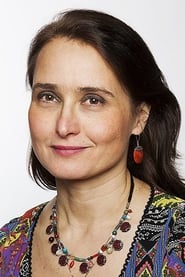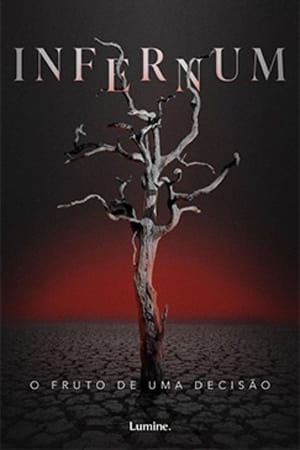

Manislam: Islam and Masculinity(2014)
Who can change the dark side of the Islamic masculinity?
Why does a man in Kuwait inspired by the 99 names of Allah and the Quranic stories create a comics and cartoon series about super heroes called The 99? Why does a man in Bangladesh travel from one village to another, teaching the community how to play a board game? Why does a man in Indonesia encourage other men to wear mini skirts in a demonstration? They all have the same goal. They want to change the dark side of the masculinities in their cultures by playing games. They all want to reform Islam. They are the Muslim Davids against Goliath.
Movie: Manislam: Islam and Masculinity
Top 10 Billed Cast
Himself
Himself
Himself
Himself
Himself
Himself
Herself
Himself
Herself

Mannislam: Maskulinitet og Islam
HomePage
Overview
Why does a man in Kuwait inspired by the 99 names of Allah and the Quranic stories create a comics and cartoon series about super heroes called The 99? Why does a man in Bangladesh travel from one village to another, teaching the community how to play a board game? Why does a man in Indonesia encourage other men to wear mini skirts in a demonstration? They all have the same goal. They want to change the dark side of the masculinities in their cultures by playing games. They all want to reform Islam. They are the Muslim Davids against Goliath.
Release Date
2014-05-20
Average
0
Rating:
0.0 startsTagline
Who can change the dark side of the Islamic masculinity?
Genres
Languages:
العربيةEnglishDeutschBahasa indonesiaNorskTürkçeKeywords
Similar Movies
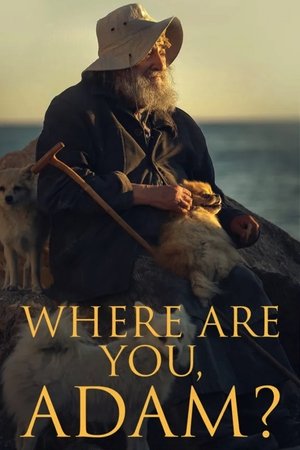 9.0
9.0Where are you, Adam?(el)
The plot of the film unfolds in the ancient monastery of Dokhiar on the west coast of Mount Athos, on the Aegean peninsula. This peninsula is given to the exclusive use of the monks of Eastern Christianity. Images of nature are woven into a virtually uninterrupted series of work and prayer, lining up in the rhythmic interrelation of man and nature. The central figure of the film was the monastery’s elder, Hegumen Gregory, whose long-term experience of spiritual nourishment rewarded him with a deep understanding of the human soul and her desire to return to the state characteristic of Adam’s human nature before the fall.
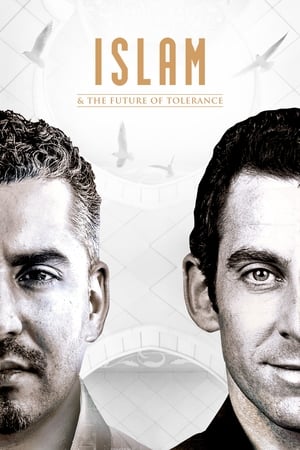 7.8
7.8Islam and the Future of Tolerance(en)
In the thick of a controversial war of ideas, two enlightening figures, Sam Harris, an atheist and a critic of religion, and Maajid Nawaz, an Islamist-turned-liberal activist, partake in an engaging dialogue on the state of Islam, its potential reform, the militant ideology of Islamism, and where all this lays in a secular world.
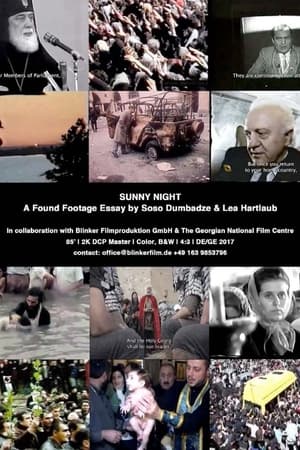 0.0
0.0Sunny Night(ka)
On 25th December 2011 the Georgian Patriarch Ilia II described his 34 year-long leadership as head of the Georgian Orthodox Church as a ‘sunny night’. Beginning in 1989, and going up to the present, the film essay Sunny Night tells of political and social events since Georgian Independence. A variety of formats and sources, disparate images and voices report on protests, recommencements, uproars and wars, and religious identity that centres around the dominant religion of the nation. In the midst of the ongoing shifts and the various state of affairs, the patriarch stands out as the only constant figure. Meanwhile the sermonised religion begins to take on radical forms, going as far as priests forming front row human-chains, leading protests of several thousand orthodox believers chasing a handful of LGBT activist throughout the streets of Tbilisi in May 2013.
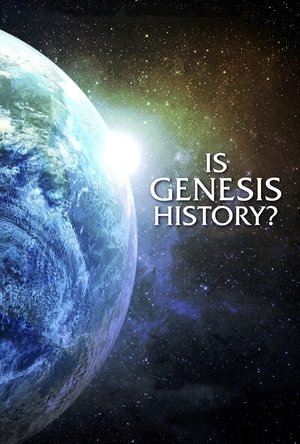 4.4
4.4Is Genesis History?(en)
A fascinating new look at the biblical, historical, and scientific evidence for Creation and the Flood. Learn from more than a dozen scientists and scholars as they explore the world around us in light of Genesis. Dr. Del Tackett, creator of The Truth Project, hikes through canyons, climbs up mountains, and dives below the sea in an exploration of two competing views... one compelling truth.
The Object(en)
Documentary about three men from Kentucky who claim to have discovered an Old Testament relic for 69-cents at a Madison, Tennessee Goodwill superstore. The men believe that they have found the mysterious Urim and Thummim in the form of a stone cup that allows its users to communicate with God and see visions.
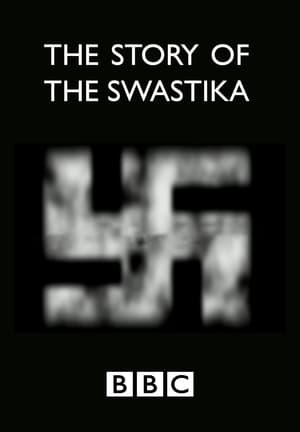 0.0
0.0The Story of the Swastika(en)
In the week when Hindus celebrate the holy festival of Diwali, this documentary tells the story of one of their faith's most sacred symbols - the swastika. For many, the swastika has become a symbol synonymous with the Nazis and fascism. But this film reveals the fascinating and complex history of an emblem that is, in fact, a religious symbol, with a sacred past. For the almost one billion Hindus around the world, the swastika lies at the heart of religious practices and beliefs, as an emblem of benevolence, luck and good fortune.
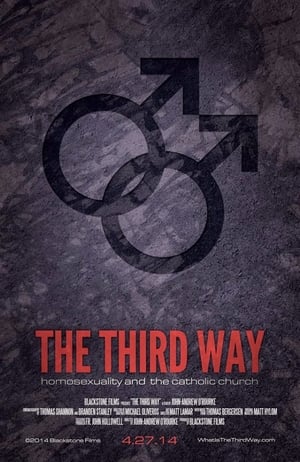 0.0
0.0The Third Way(en)
Documentary film about Catholic Church teachings about homosexuality. Describes the "third way", the lifestyle lead by orthodox gay Catholics practicing celibacy out of personal choice, an often overlooked demographic in the debates about homosexuality in the Church.
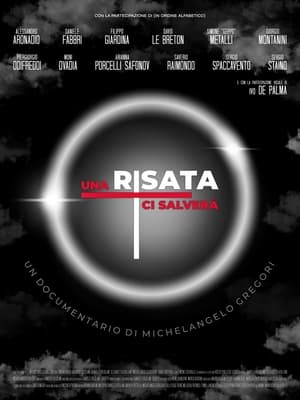 10.0
10.0A Laugh will save us(it)
The documentary explore the intersection between humor, satire, and religion, analyzing how they mutually influence each other. Through interviews with comedians, artists, and scholars, we will discover irreverent jokes, clever parodies, and bold caricatures that challenge religious dogmas, exploring the power of comedy within the context of religions and opening new perspectives on cultural dynamics.
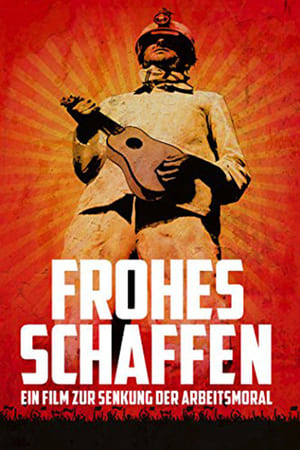 8.5
8.5Keep Up the Good Work(de)
It is a fetish, a mantra, a secret religion to modern man: work. In times of the financial crisis and massive job reductions, this documentary movie questions work as our 'hallow' sense in life in a way that both humors and pains us.
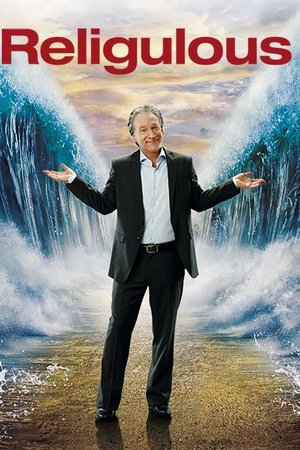 7.0
7.0Religulous(en)
Commentator-comic Bill Maher plays devil's advocate with religion as he talks to believers about their faith. Traveling around the world, Maher examines the tenets of Christianity, Judaism and Islam and raises questions about homosexuality, proof of Christ's existence, Jewish Sabbath laws, violent Muslim extremists.
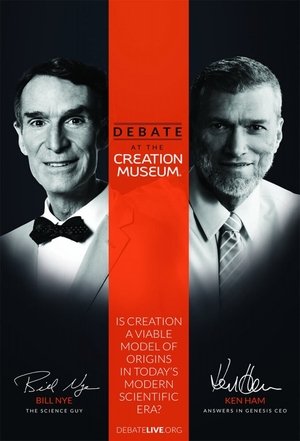 4.8
4.8Uncensored Science: Bill Nye Debates Ken Ham(en)
Bill Nye and Ken Ham debate whether creation is a viable model of origins in today's modern scientific era.
 7.6
7.6Athos(de)
The Athos peninsula in Greece is one of Europe's last secrets. Over 2000 monks live on Athos - cut off from the outside world. Access is denied to women, tourists are not welcome. Only workers and pilgrims can obtain a visa. The "Autonomous Monastic State of the Holy Mountain" attracts people who feel like they are missing something from their modern lives. With the help of three Athos monks, "Athos - A Taste of Heaven" tells the story of the island and its inhabitants in a unique filmed diary style. The film's guiding theme is the path we as people have to find and follow - each and everyone for themselves. "First we must heal our own souls, only then we can help others", is one of Father Galaktions core messages. He lives as a hermit on the holy mountain. Not all monks, however, live as secluded and demure as Father Galaktion. The film team is also received by Father Epiphanios - a gifted and poetic cook who certainly does not disdain the pleasures of life.
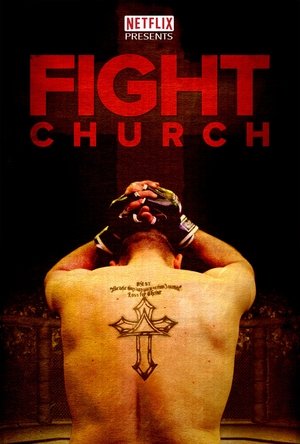 5.5
5.5Fight Church(en)
A documentary about the confluence of Christianity and mixed martial arts, including ministries which train fighters. The film follows several pastors and popular fighters in their quest to reconcile their faith with a sport that many consider violent and barbaric. Faith is tried and questions are raised. Can you really love your neighbor as yourself and then punch him in the face?
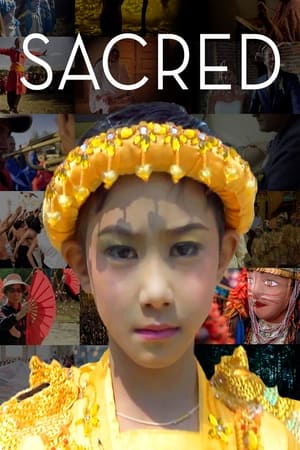 6.5
6.5Sacred(en)
Sacred explores cultural and religious ritual as it relates to life’s cycles: birth, adolescence, marriage, aging and other key passages of life.
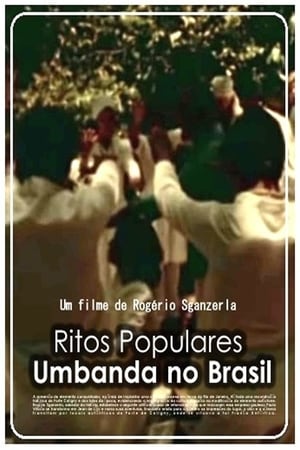 6.0
6.0Ritos Populares: Umbanda no Brasil(pt)
A documentary based on the book Umbanda no Brasil by the scholar Mata e Silva, who is interviewed by the director. The book studies the Brazilian religion known as spiritism, a syncretism of African beliefs and magical rites, Indian beliefs and images, and Catholic symbols.
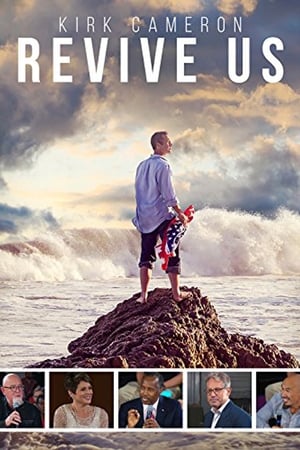 3.2
3.2Revive Us(en)
Are we in the last days of our great nation? Is it too late for America? Revive Us features worship, prayer, and thoughtful discussion as Kirk Cameron turns to Scripture to offer encouragement for our great nation. As Kirk says, 'When our family of believers gets together and the Spirit is moving, we are unstoppable!' Revive Us will have you believing this could be our finest hour!
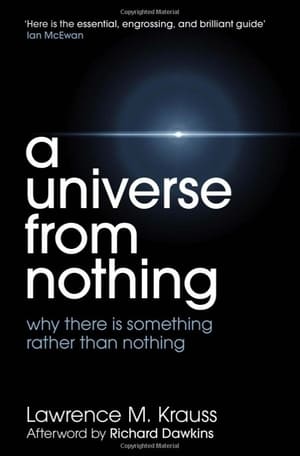 1.0
1.0Something From Nothing: A Conversation with Richard Dawkins and Lawrence Krauss(en)
Join critically-acclaimed author and evolutionary biologist Richard Dawkins and world-renowned theoretical physicist and author Lawrence Krauss as they discuss biology, cosmology, religion, and a host of other topics.
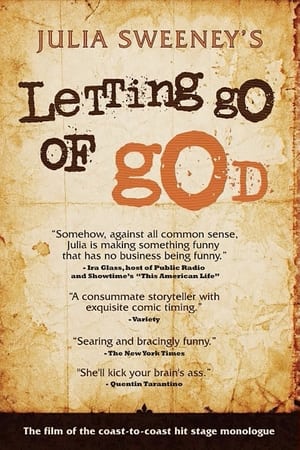 8.2
8.2Julia Sweeney - Letting Go of God(en)
Julia Sweeney's third autobiographical monologue, Letting Go of God takes the audience through her Catholic upbringing and how personal events in her life and that of her family led her to a disbelief in a personal universal deity.
